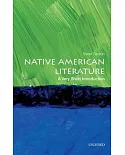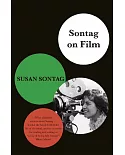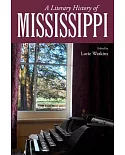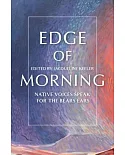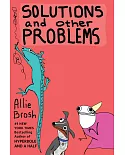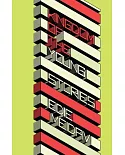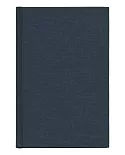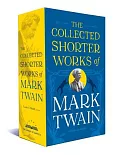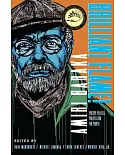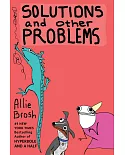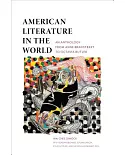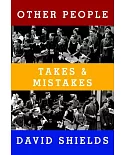The 1890s have long been thought one of the most male-oriented eras in American history. But in reading such writers as Frank Norris with Mary Wilkins Freeman and Charlotte Perkins Gilman
with Stephen Crane, Jennifer L. Fleissner boldly argues that feminist claims in fact shaped the period’s cultural mainstream. Women, Compulsion, Modernity reopens a moment when the
young American woman embodied both the promise and threat of a modernizing world.
Fleissner shows that this era’s expanding opportunities for women were inseparable from the same modern developments—industrialization, consumerism—typically believed to constrain human
freedom. WithWomen, Compulsion, and Modernity, Fleissner creates a new language for the strange way the writings of the time both broaden and question individual agency.


